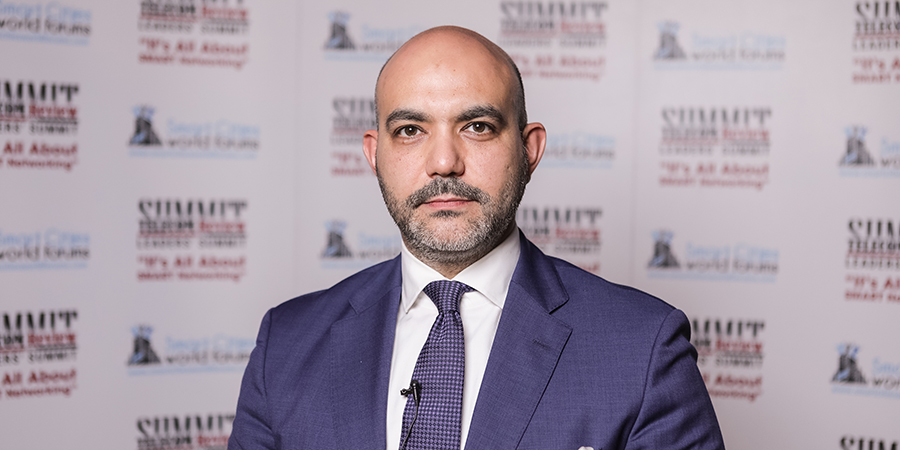COVID-19 is still affecting all industries, including telecommunications and wholesale. Preserving a seamless network performance is key to overcome the challenges imposed by the pandemic and adapt to the new norm. Sameh Sobhy, managing director, META region, PCCW Global shared his insights in an exclusive interview with Telecom Review.
How did COVID-19 impact the telecommunications industry? In your opinion, what was the greatest impact?
We saw really dynamic changes in the telco market in 2020. We witnessed a huge upturn in some areas - mainly with IP transit products, the need of the service providers to upgrade their network to accommodate the end user demand as well as the growth in cloud-based services. The impact has been positive in some areas and negative in others.
This pandemic-related crisis has exposed vulnerabilities at the level of networks performance in certain parts of the world. How did PCCW Global address that point?
Like many other players, we faced some issues in our network at the beginning of the outbreak due to the huge demand but we managed to overcome these challenges and upgrade most of network backbone to cater for the increased demand. We are very pleased to say that at no time did our service levels or performance drop because of the pandemic – in fact, it probably increased as service demands grew to accommodate remote working requirements. Our Console Connect automated digital platform was a key enabler, allowing both ourselves and our customers to respond quickly to changing demands and to connect to new cloud services as needs change.
Remote work has become a trend today. What are the challenges that can affect such an experience from a network and security perspective?
Most service provider operators have very secure networks and PCCW Global is no exception. Our network is protected with many layers of security starting from the transmission network to the cloud layers, so we can proudly say that we had zero attacks on our network. Our IPT and MPLS networks are fully diversified and protected. We continue to upgrade the network across the world as new vulnerabilities and threats emerge.
This trend is set to persist even in the aftermath of the pandemic. What are the steps that need to be taken to improve remote experiences?
The most important factors are network availability and last mile availability. From my point of view, many countries in the Middle East and Africa have infrastructure challenges when it comes to last mile connectivity. The more fiber or FTTH is available, the faster, more reliable and more satisfying an experience the end user will have. The region is also hungry for more global connectivity provided by submarine cables which help to address the huge and growing demand coming from end users and governments. This all helps to grow and develop new business opportunities.











